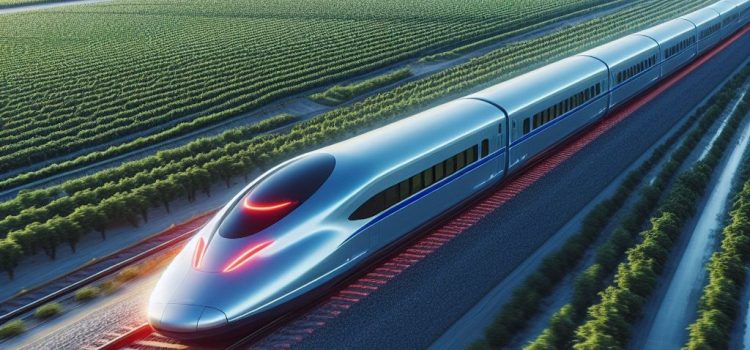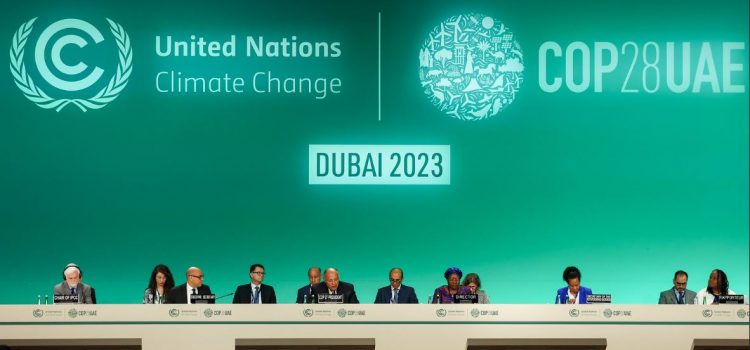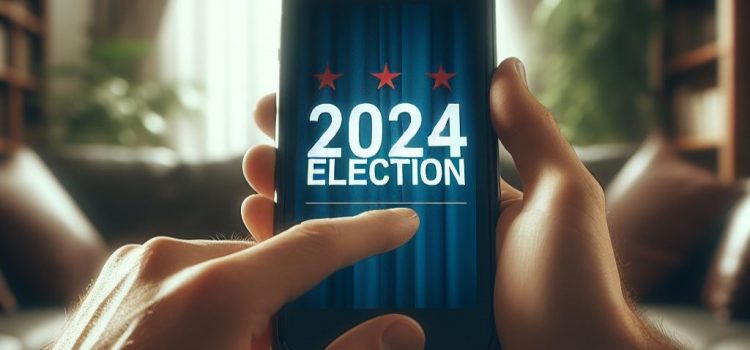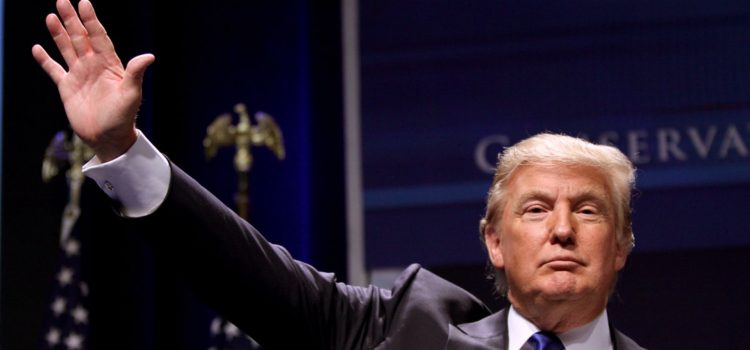What was the role of Native Americans during the Civil War? How were they involved? During the Civil War, Native Americans were subject to many anti-indigenous policies and racism, and many responded by fighting to divide the United States. By joining in the war, Native Americans hoped to weaken European forces. Continue reading to learn how indigenous people were affected by and involved in the Civil War.
Native Americans During the Civil War: Anti-Indigenous Policies










